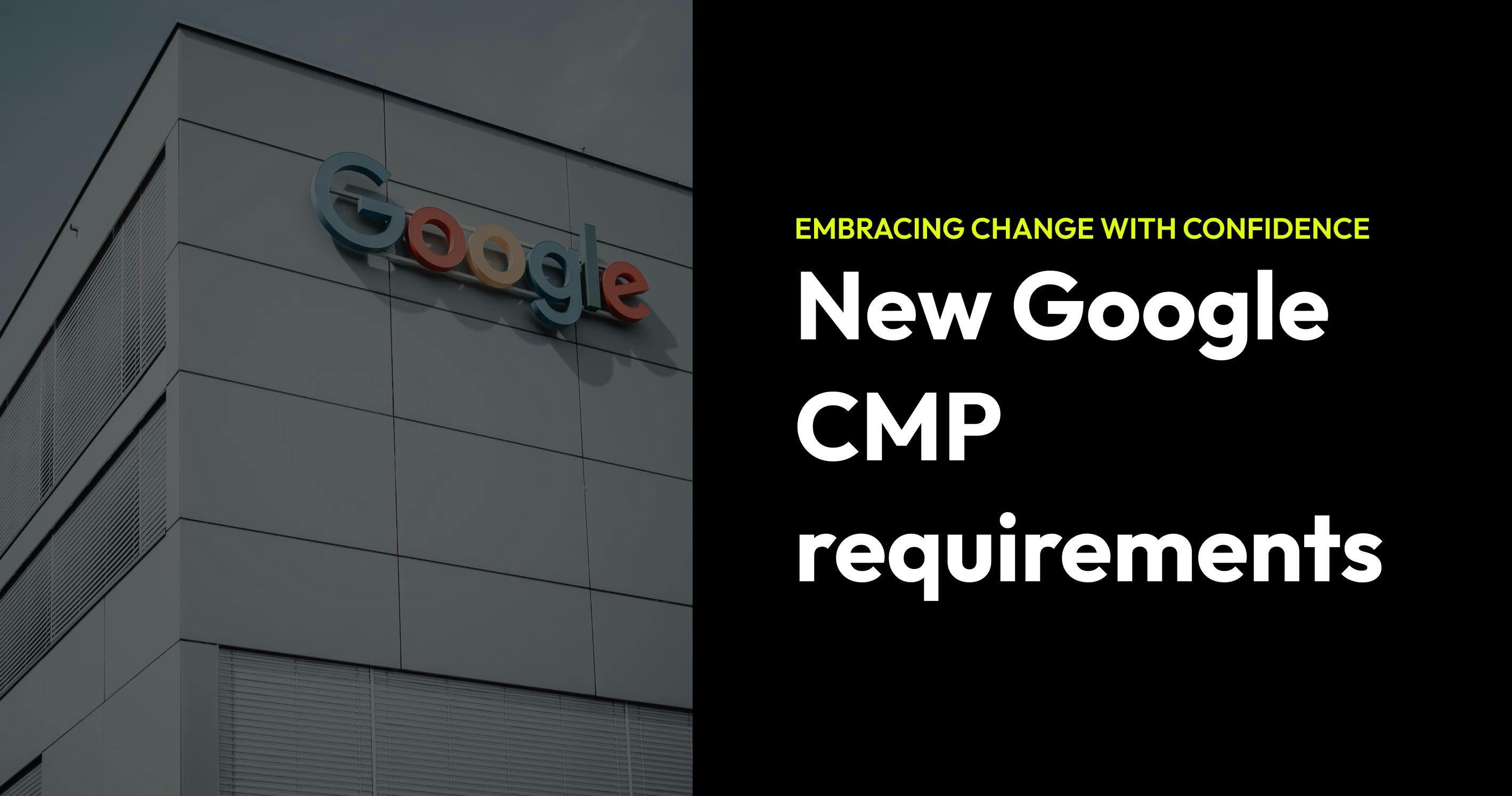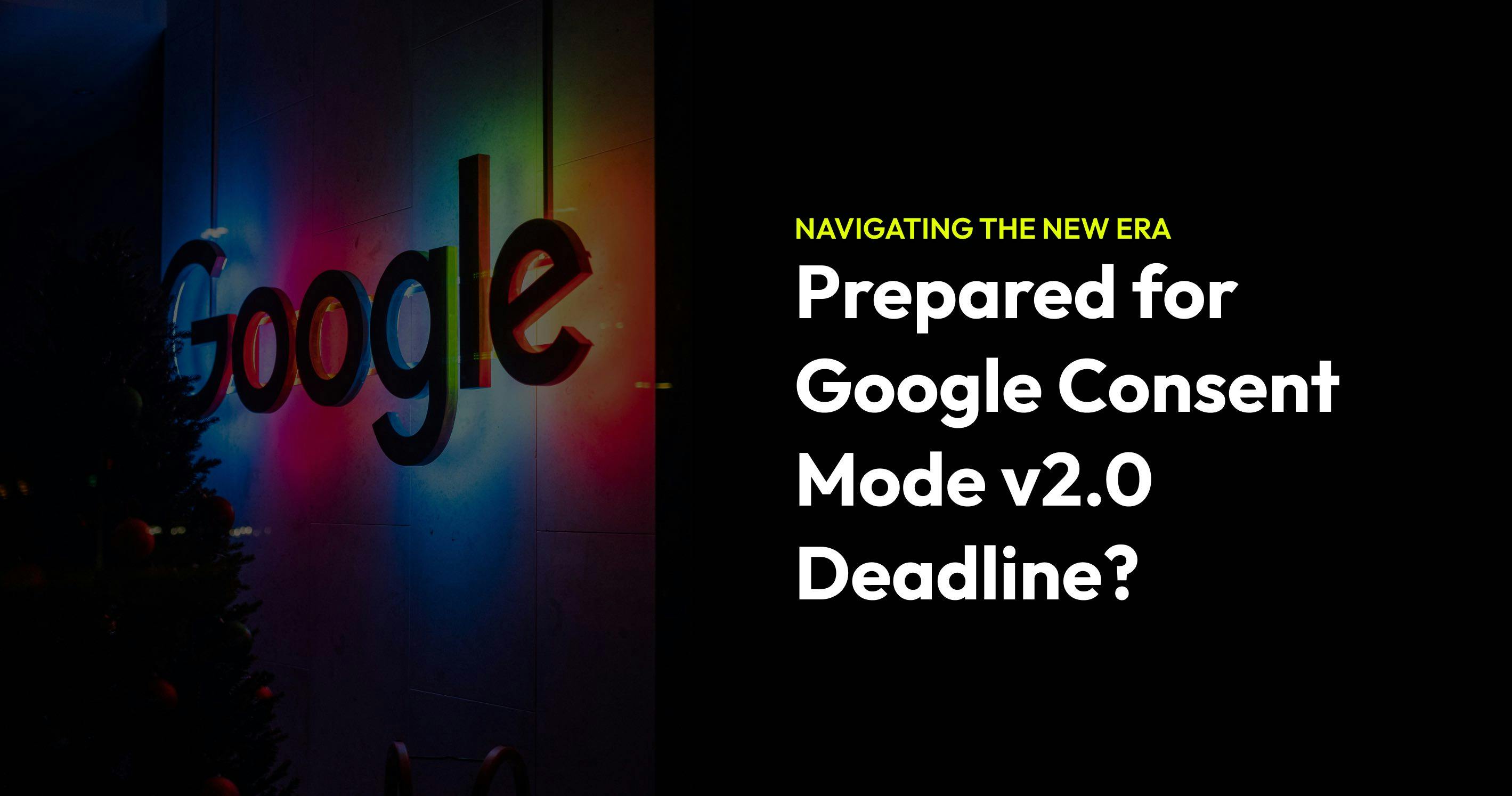Disappearance of 3rd party cookies: What it means for publishers
An in-depth analysis of how changes in cookie policies affect publishers.
In the world of digital advertising, 3rd party cookies have long been a cornerstone. However, with growing privacy concerns and legislative changes, this era is coming to an end. What does this mean for publishers, especially in the Nordic countries?
What are 3rd Party Cookies?
To understand the significance of this change, it's essential first to define what 3rd party cookies are. They are small text files placed on a user's computer by a domain other than the one they are visiting. These cookies have been crucial for tracking user behavior across different websites, allowing advertisers to deliver more targeted ads.
Why are they disappearing?
Privacy concerns have led to a rise in data protection legislation globally. In the Nordic countries, known for their strict data protection standards, this has been a particularly hot topic. With tech giants like Apple and Google removing support for 3rd party cookies, it's evident that the industry needs to adapt.
What does it mean for publishers?
For publishers, this change might seem daunting. Without 3rd party cookies, delivering targeted ads could become more challenging, potentially affecting revenues. But it's not all bad news. This could also be an opportunity for publishers to reconsider their advertising strategies and focus more on contextual advertising and first-party data.
Contextual Advertising: A New Era
Contextual advertising focuses on the content of a page to determine which type of ad should be displayed. For instance, on a page about sustainable fashion, an ad for organic clothing might be relevant. This allows publishers to deliver more pertinent ads without relying on user data.
First-Party Data: A Goldmine for Publishers
Publishers have a unique opportunity to collect first-party data - information directly from their audience. This can be details like email addresses, preferences, or purchase history. By leveraging this data, publishers can build deeper relationships with their audience and deliver more personalized ads.
Conclusion
While the disappearance of 3rd party cookies represents a significant shift in the digital advertising world, it's not necessarily a bad thing. For publishers in the Nordic countries, where data protection has always been at the forefront, this could be an opportunity to lead the way in a new era of digital advertising.
Want to delve deeper into this change and its impact on your media? At Concept X, we have specialists dedicated to helping publishers navigate the complex world of digital advertising, especially in light of recent changes in cookie policies.
Contact us today to discuss how we can support your media during this transitional period and ensure you continue to stay ahead with industry best practices.











